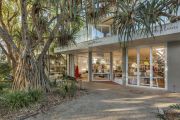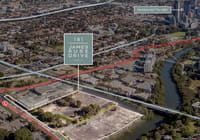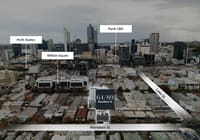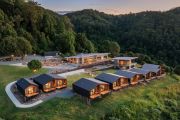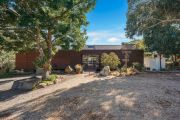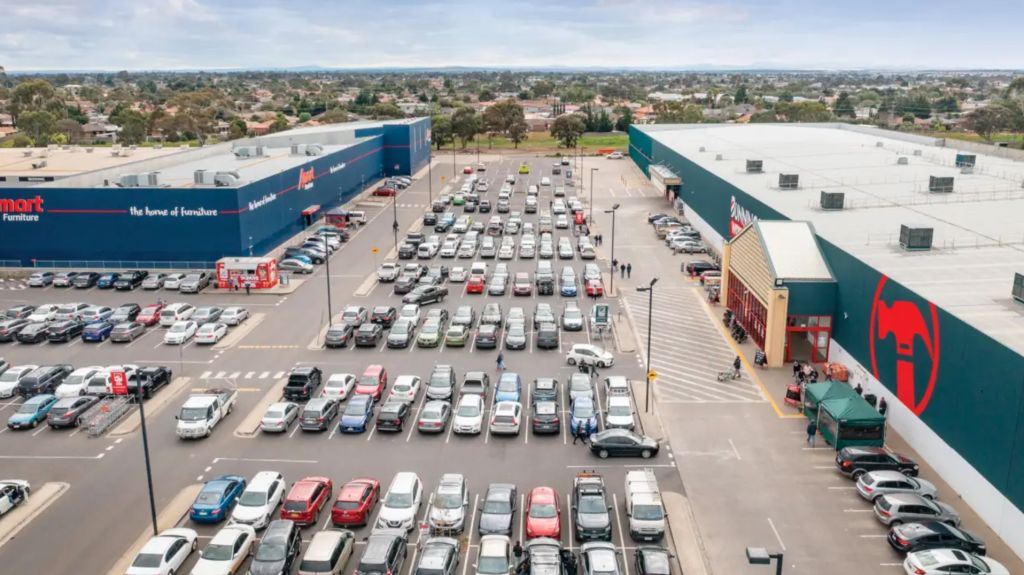
Safer than bonds: $79m Bunnings sale sets new yield benchmark
A private investor has acquired a Bunnings warehouse in Melbourne’s outer west for almost $80 million, setting a new yield benchmark of just 3.95 per cent and highlighting the value premium attributed to brick-and-mortar assets with blue-chip tenants, despite rising interest rates and bond yields.
At the time the deal settled last week, the return that the buyer – local investor Jacky Cheung – was getting on the Bunnings at Hoppers Crossing was lower than the yield on 10-year “risk-free” government bonds at 4.1 per cent. This has since fallen to 3.88 per cent.
A year ago, the risk-free premium between 10-year bond yields and Bunnings freehold investment returns was almost 300 basis points.
But in what has become a familiar theme amid the ongoing sharemarket volatility, many private investors are willing to pay higher prices and accept lower returns on commercial property offering secure, long-term income streams to the likes of Woolworths, Coles and Bunnings-owner Wesfarmers rather than buy shares in those companies.
To date, most of those low-yielding investments have been made by mum-and-dad buyers on smaller ticket items priced below $5 million.
But Mr Cheung, who migrated to Australia from Hong Kong three years ago, and who also owns childcare centres, has shown that there is also appetite from private sources of capital to purchase much bigger assets on sharp yields, provided the tenant is of the calibre of Bunnings.
Zomart He, head of Asian investment services at commercial agents Burgess Rawson, which brokered the deal, said Mr Cheung had identified the Hoppers Crossing property – one of the largest in the Bunnings store network – as the “safest place to park his money”.
“Bunnings is a blue-chip tenant, and they offer property investors large landholdings with few moving parts, making them very easy to manage,” Mr He said.
Mr Cheung declined to comment.
Billy Holderhead, a partner at Burgess Rawson, said the sale was remarkable in that it showed investors had “more confidence in Bunnings properties than they do in the Australian government”.
Mr Cheung’s purchase – he spent $99.6 million all up for the 5.5ha Hoppers Crossing site, which included a large-format Amart furniture outlet opposite the Bunnings – eclipsed two previous Bunnings deals struck on yields of 4 per cent.
These were New Zealand investor Cook Property Group’s purchase of a Bunnings Warehouse at Hervey Bay in southern Queensland for $58.6 million in November, and an unlisted Charter Hall fund buying a new Bunnings warehouse in Nowra on the NSW South Coast for $65.3 million in February.
Mr Holderhead said private investors were now driving the market for Bunnings warehouses after what has been a long period of dominance by real estate investment trusts.
“The relative cost of debt, gearing pressures and corporate governance have very quickly put institutional investors at a disadvantage in comparison to the private market,” he said.
“Private investors don’t answer to a board or investment committee, they make much faster decisions, and are typically sitting on a lot of cash or have very low loan-to-value ratios across their portfolios – or a combination of both.”
The 5.5ha Bunnings and Amart property was sold by the Costa family, who own the nearby Mitre 10 hardware store.

